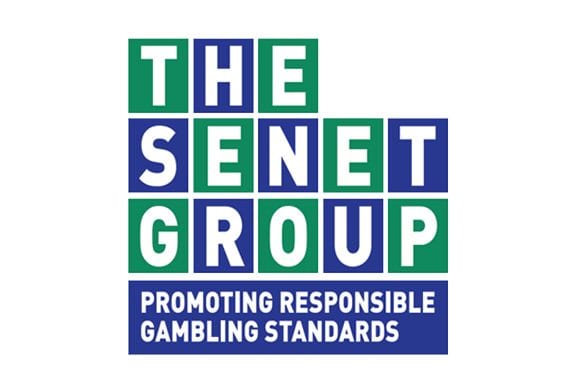Social Responsibility: Why Should Affiliates Care?

‘The suicide of the 25-year-old son of a Government Minister has been announced…it is thought he had a history of depression and gambling addiction.’ Fictional, thankfully. But plausible, yes? And would it be beyond the bounds of imagination for the more scurrilous sections of the media to link a tragic story like this to an affiliate who had recruited the boy in question through a pornography or live streaming site? Most affiliates don’t behave this way, but it only takes one for all to be tarred with the same brush. The consequences aren’t difficult to see. Outcry over gambling-related harm and a clamp-down on what has been a highly liberal regime for the industry since the 2005 Gambling Act. But if this is only fiction, why should affiliates care about social responsibility? The answer is that, while a shock to the system like this would ratchet up the political stakes, a change in the regulatory regime is not dependent on it. You have only to look closely at the text of speeches by senior regulators or articles they’ve written to catch the potential direction of travel. For example, Sarah Harrison, chief executive of the Gambling Commission, speaking in November 2015: “Social responsibility and consumer protection is – and will continue to be – high on the Gambling Commission’s agenda. All sectors need to be mindful of the harm that gambling can cause. It’s no good alone blaming particular products in particular environments…Greater freedom brings with it greater responsibilities. As you strive for greater freedom, you will have to be able to demonstrate that you have placed good consumer outcomes and social responsibility at the heart of your thinking.” Electronic gaming – whether on machines or online – may not yet be in the ‘last chance saloon’, but the clock is ticking. The online gambling industry – and affiliates as a result – have been benefiting from massive growth in the last 10 years. But, even though gambling prevalence surveys have not indicated a rise in the rate of problem gambling, as the market grows in size, more people are experiencing harm and – even on a conservative estimate – 250,000 problem gamblers in the UK alone is a figure no government can ignore. Media stories and lobbying by the industry’s detractors add to the climate of concern among law-makers, making the whole industry vulnerable to a change of sentiment that could reverse the freedom that operators now have to advertise and develop bolder new products.
If the evidence in the Triennial Review of stakes and prizes this year is that the risk of harm of the present regime is outweighing the benefits – for social pleasure, jobs and the economy – rules will be tightened and growth could be choked off. Contrary to received wisdom in some parts of the industry, regulators are not concerned only about FOBTs. Politicians and officials are all too aware of the casino that people carry around in their pocket. History tells us that after one issue is addressed, a new issue appears on the horizon. Affiliates are vulnerable. A high-profile gambling-related tragedy, or even a more measured evaluation of risk of harm versus social benefit, could be laid at their door. Why? Because of potential failures to act in a socially responsible way. Apart from recruitment methods, take self-exclusion – a big focus for Government and regulators right now, with a mandatory multi-operator scheme for the remote sector due for April 2017. What mechanism are affiliates and operators putting in place to ensure that marketing ceases to customers who have self-excluded? If, for example, an affiliate sends an HTML mailer and the recipient, who has self-excluded, complains, the operator should track the link and ensure the email address is removed from future mailings. If this does not happen, affiliate and operator could come under the spotlight and a whole new can of worms will be opened. It was to improve standards of social responsibility that four big bookmakers – William Hill, Ladbrokes, Coral and Paddy Power – established Senet Group in 2014. Further operators in remote gambling and other segments of the market are expected to join this year. The Senet Group has built a code of conduct that goes beyond existing statutory regulation to demonstrate that its members are setting high standards of social responsibility, and it is holding them to account to keep to these pledges, with sanctions available for any breaches. A chain is only as good as its weakest link. If in the process from customer acquisition to operation to increased revenue some players lose control and the fault is down to the conduct of an affiliate, the reputation of the whole industry can suffer and a ton of bricks could fall. Why should affiliates care about social responsibility then? It’s plain to see.
“Affiliates are vulnerable. A high-profile gamblingrelated tragedy, or even a more measured evaluation of risk of harm versus social benefit, could be laid at their door.
